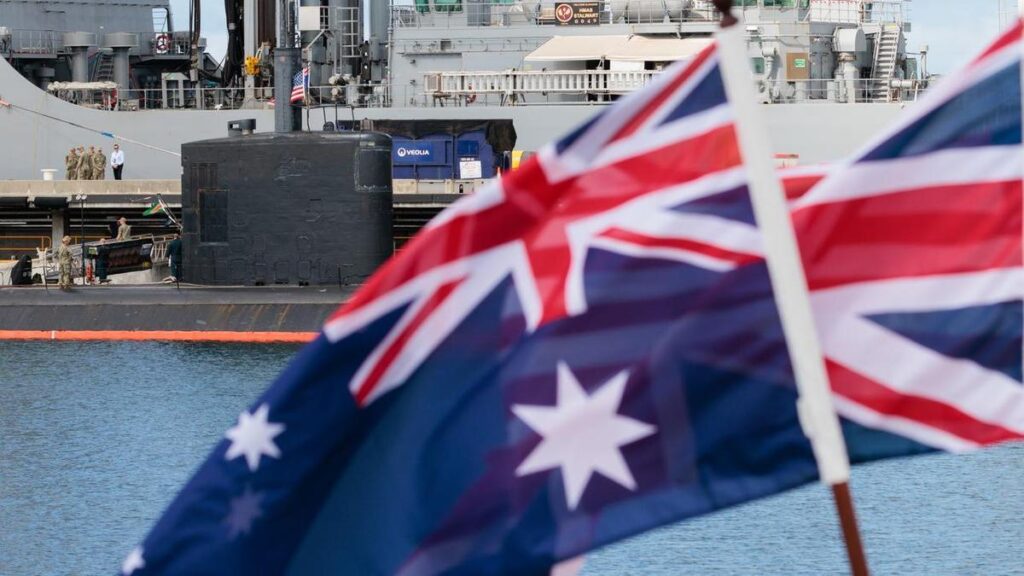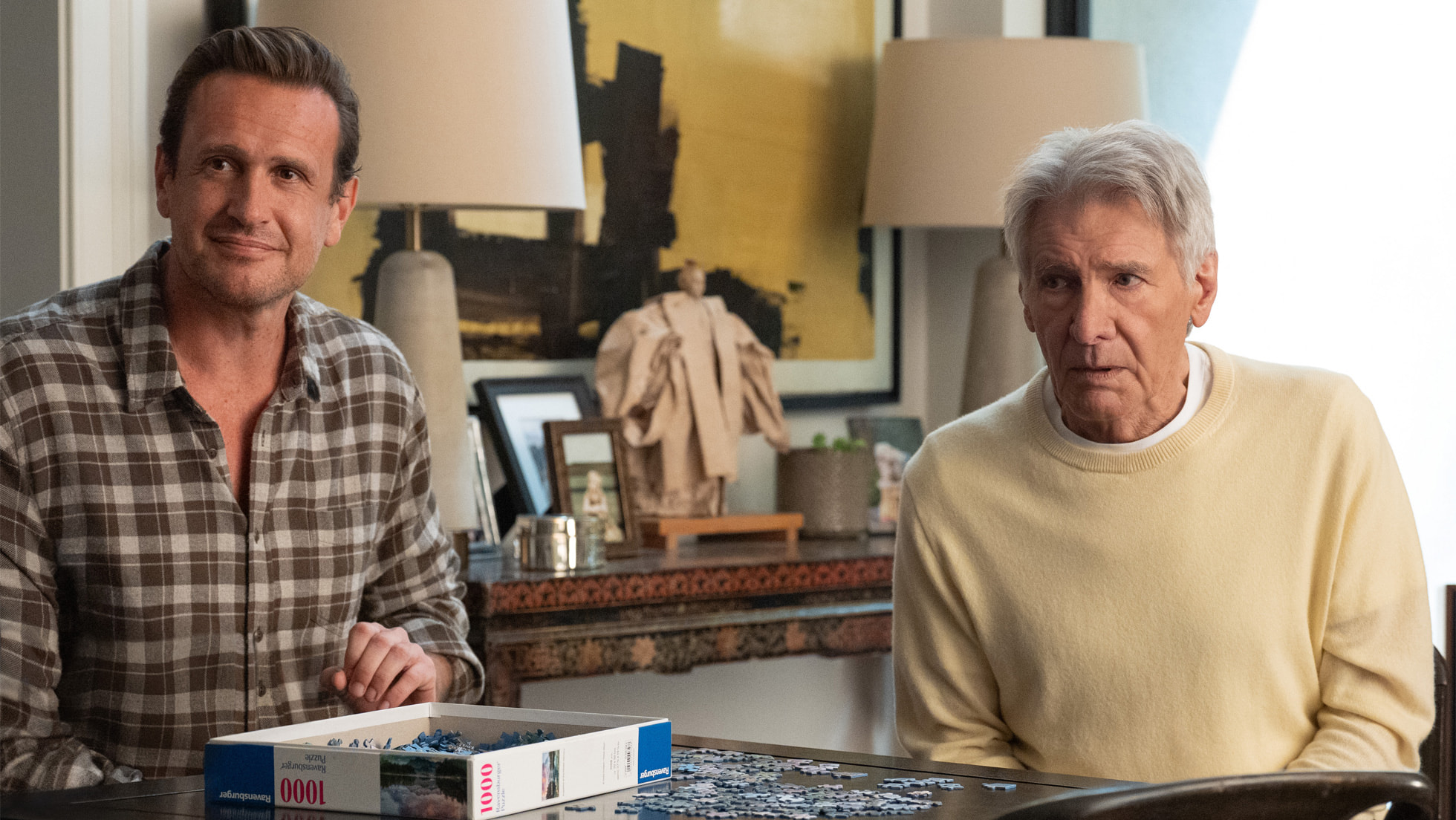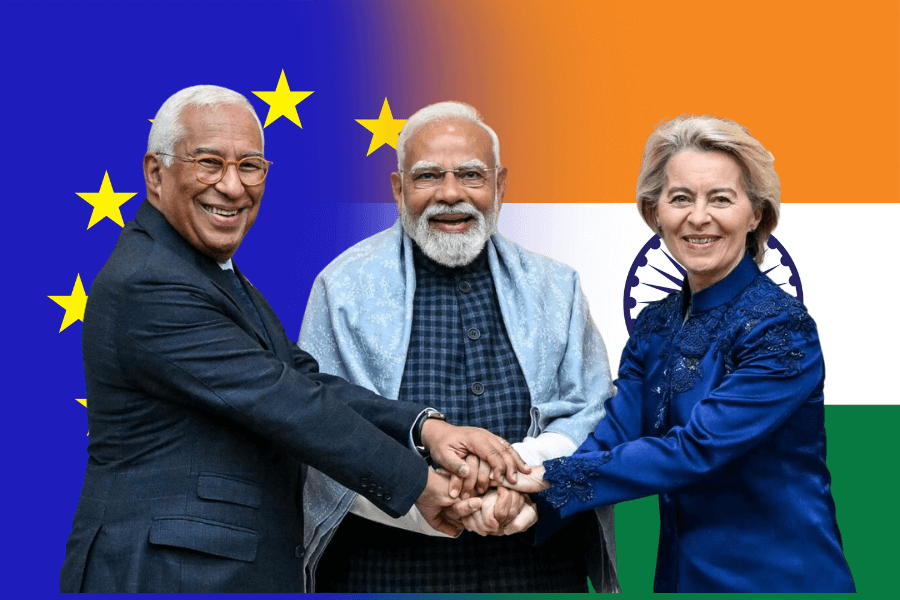
The United Kingdom is solidifying its position as a vital defence partner for Australia, particularly in light of recent uncertainties surrounding US foreign policy. Australian Foreign Minister Penny Wong and Defence Minister Richard Marles will engage in high-level discussions with their UK counterparts, David Lammy and John Healey, in Sydney on Friday. These meetings reflect a growing commitment to defence cooperation between the two nations.
Analyst Alex Bristow from the Australian Strategic Policy Institute noted that the frequency of ministerial meetings is shifting from an annual to a six-month cycle. This change underscores the strengthening ties and strategic importance of the UK to Australia, particularly as global security dynamics evolve. Bristow expressed that the UK ranks third, following Japan and the US, in terms of its significance to Australia’s defence landscape.
The UK’s Carrier Strike Group, led by the Royal Navy flagship HMS Prince of Wales, recently arrived in Darwin. This visit coincides with Australia’s largest military exercise, Talisman Sabre, marking the first appearance of a UK carrier strike group in Australia since 1997. The strike group comprises five core ships, 24 jets, and 17 helicopters, highlighting the UK’s commitment to regional security.
UK High Commissioner to Australia Sarah MacIntosh characterized the arrival of the strike group as a demonstration of the strong relationship between the UK and Australia, stating, “This is an anchor relationship in a contested world.” This sentiment reflects the growing recognition of the need for collaborative defence strategies in the Indo-Pacific region.
Bristow emphasized the importance of welcoming carrier strike groups from European nations. He pointed out that NATO has identified China as a potential threat, especially in light of its increasing collaboration with Russia and North Korea. He stated, “It’s entirely in the interests of European allies in NATO to be working with Indo-Pacific allies,” indicating a shift towards greater transnational military cooperation.
The discussions in Sydney will likely touch on the future of the AUKUS agreement, a trilateral pact involving Australia, the UK, and the US, which aims to enhance security cooperation, particularly in the realm of nuclear-powered submarines. The deal is currently under review by the US administration, which has raised questions about its future. Defence analysts expect that the outcome may involve additional financial commitments from Australia towards the US submarine industrial base, rather than the dissolution of the agreement.
Despite the review, the Australian government remains optimistic about the AUKUS deal, asserting its confidence in the delivery of nuclear-powered submarines. As geopolitical tensions rise, the collaboration between Australia and the UK signifies a focused approach to enhancing regional security and defence readiness. This partnership is not only crucial for Australia but also reaffirms the UK’s role as a key player in international defence relations.






